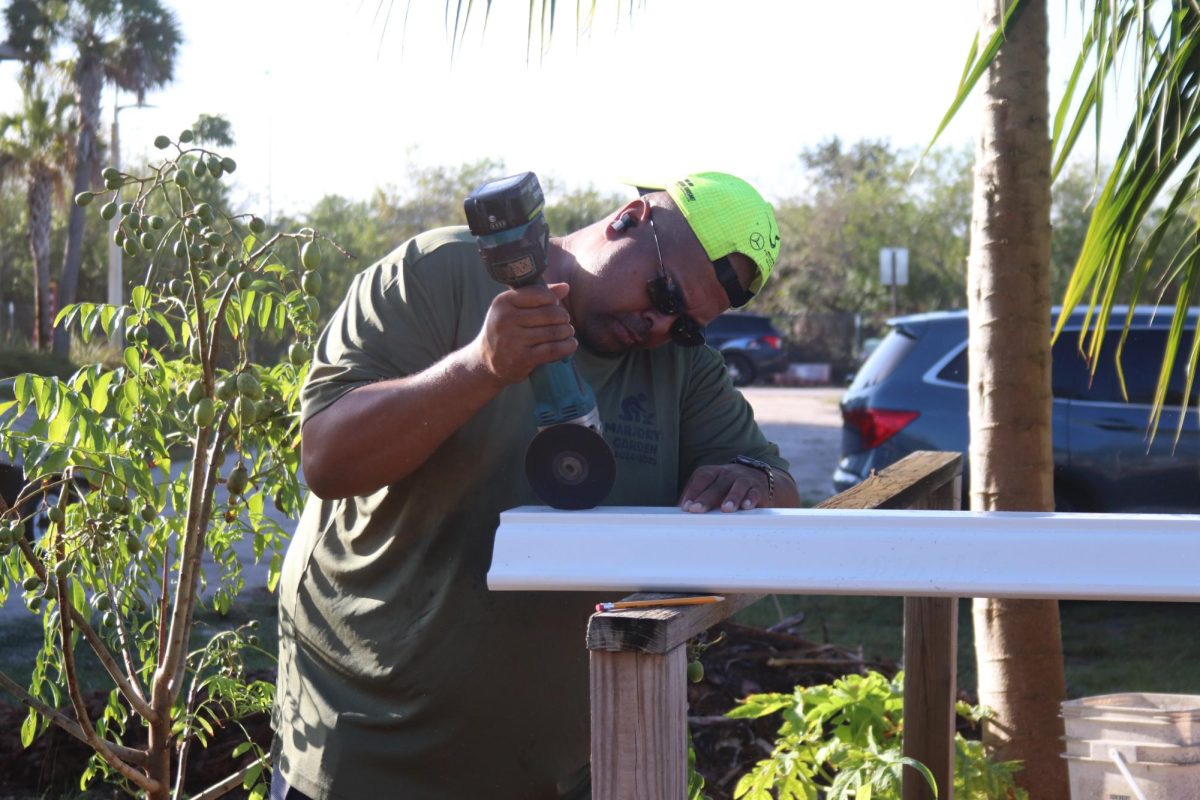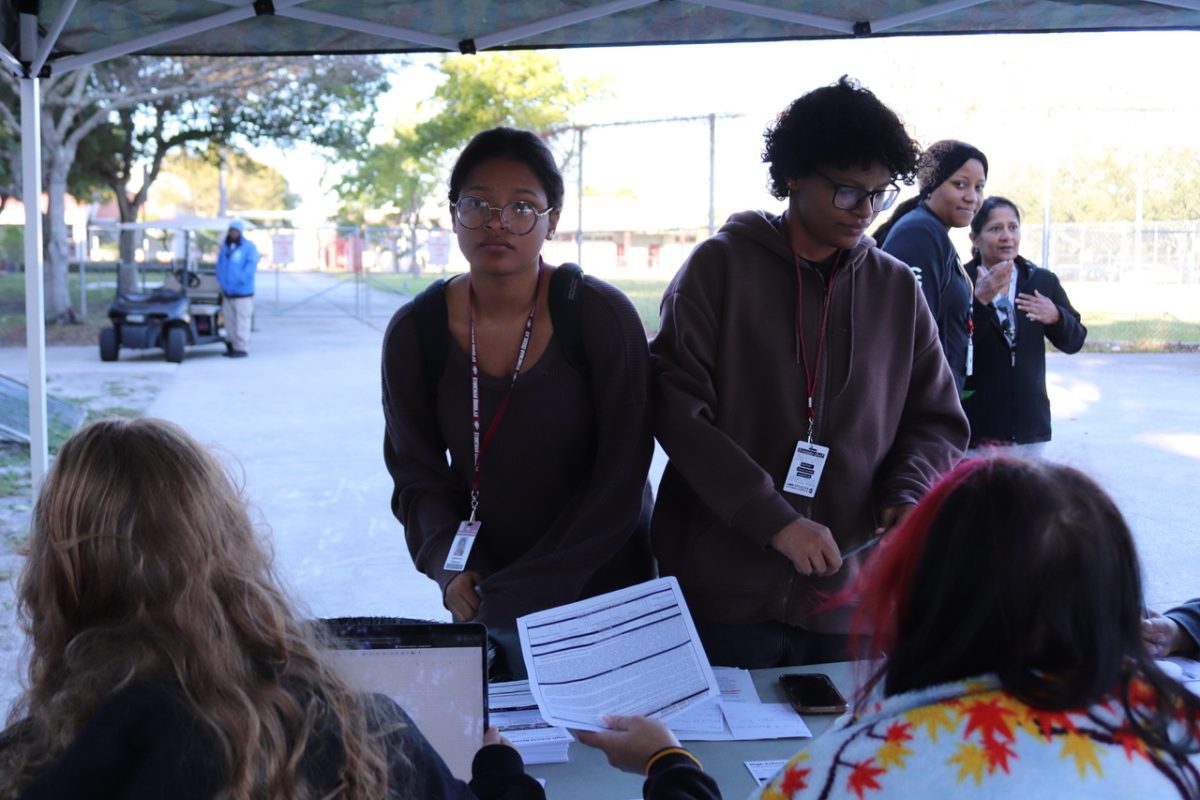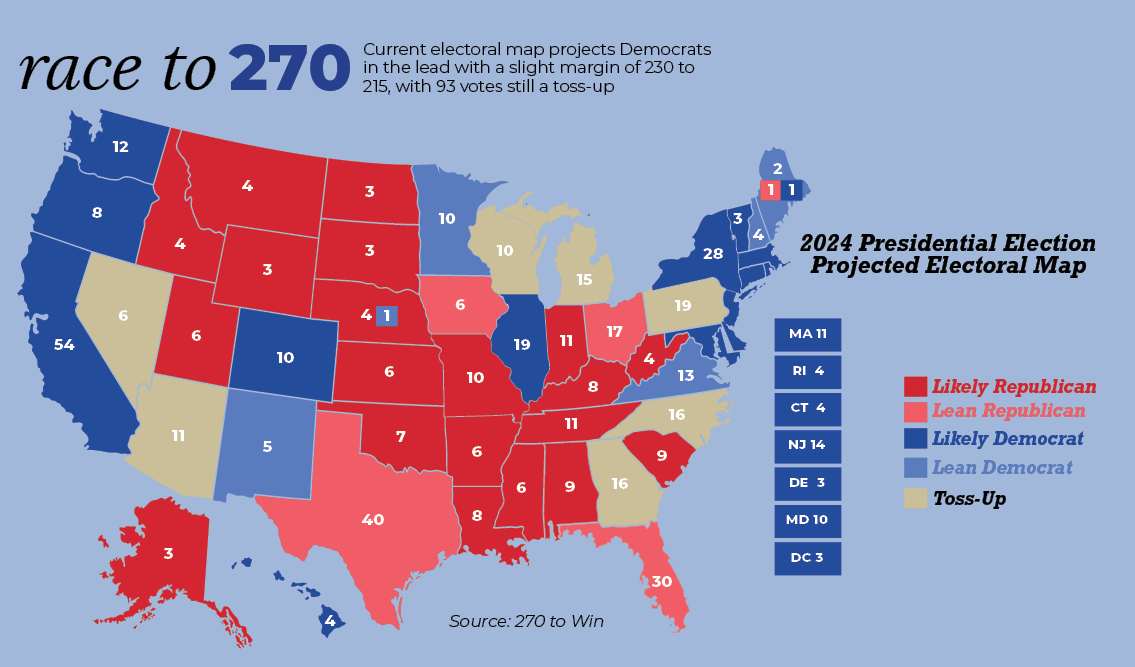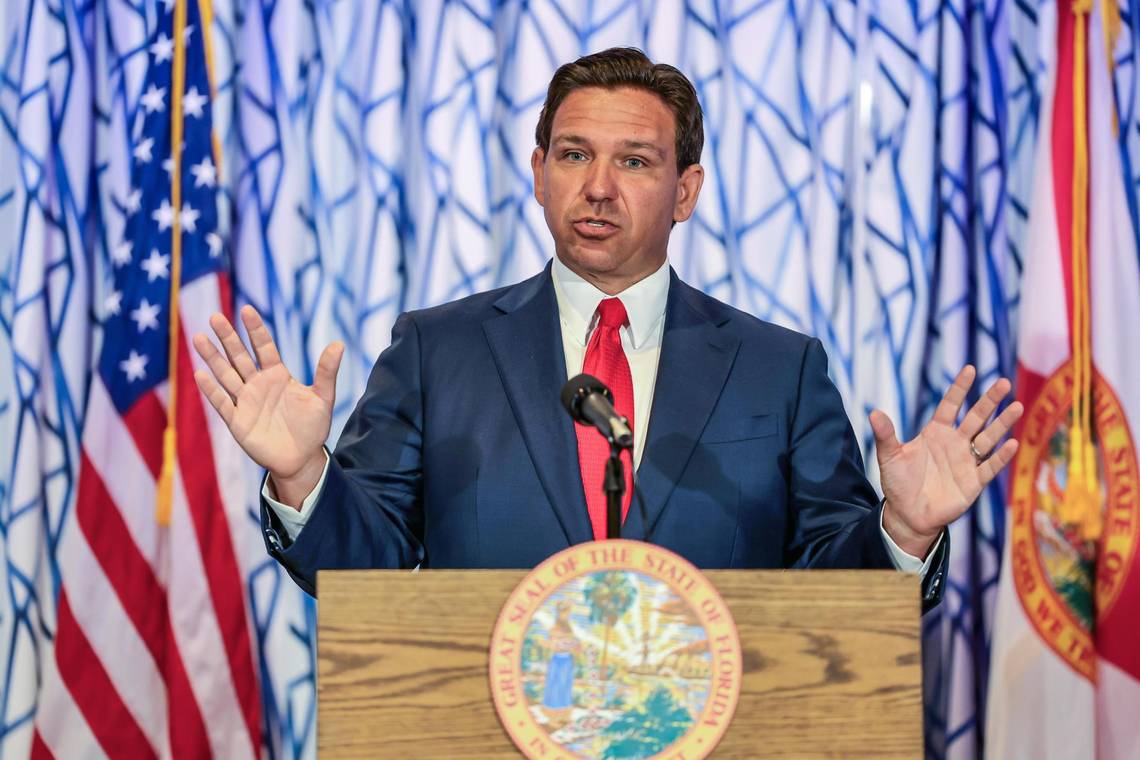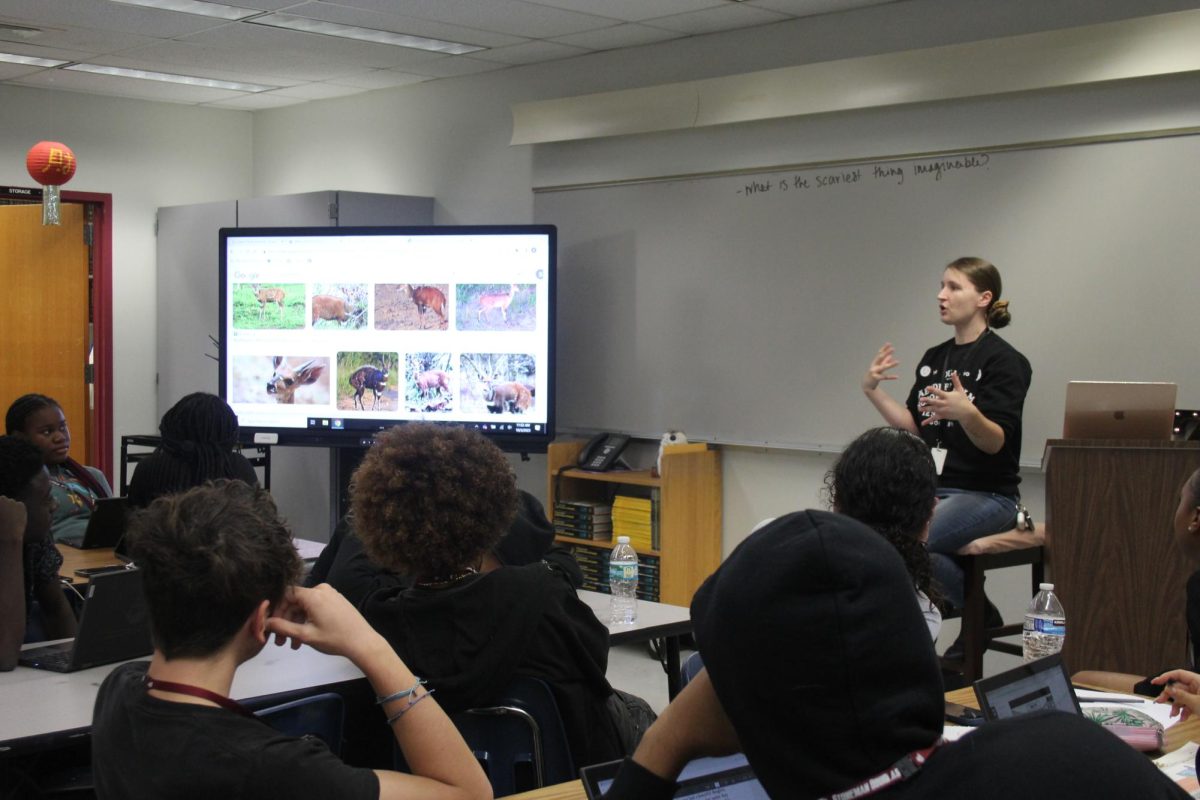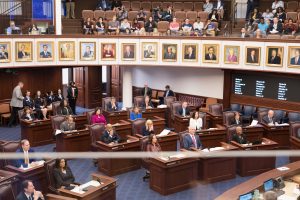
In response to relentless activism and lobbying conducted by students of Marjory Stoneman Douglas High School, the Florida state legislature has drafted and passed a bill to put more gun and school safety laws into place. The bill, dubbed the “Marjory Stoneman Douglas High School Public Safety Act,” was passed in the Senate 20-18 on March 5 in the House of Representatives 67-50 on March 7.
The bill was passed on to Gov. Rick Scott on March 8. Scott initially stated that he was not committed to signing the bill and that he would speak to the families of the victims and thoroughly read the bill before he considered signing it. His response was met with frustration by MSD students and the public. However, after reviewing the bill, Scott did sign it, surrounded by the families of the victims, on Mar. 9.
The bill includes several proposals, with characteristics of both of the very different agendas being pushed by Republicans and Democrats. All aspects of the legislation were debated furiously on the floor of the House and the Senate, and House Democrats attempted to block the bill at several points during the legislative process.
The line-item that divided Democrats was the idea of arming school officials in the proposed “Marshal Program.” The proposal, officially called the “Coach Aaron Feis Guardian Program,” was highly controversial due to its implications.
House Democrats tried to hold a caucus position to oppose the bill, which would keep them united against the Republican party in order to demand an amended bill that would resolve the conflict they had with the original proposal. However, when they voted among their party to determine votes, they totalled 21-9, with nine House Democrats disagreeing with the idea of opposing the bill. Rep. Jared Moskowitz and Rep. Kristin Jacobs, both of whom represent Parkland, were among these nine people.
One of the reasons why many Democrats argue against the proposed “guardian program” is that they believe it poses a threat to African-American and other racially profiled students in public schools due to the present history of police brutality in the United States. This point was argued multiple times by black Democrats in the legislature, including Rep. Barbara Watson, who represents Miami.
The bill also included $67 million appropriated to sheriff’s offices to establish the guardian program, $1 million to create a memorial to honor the victims of MSD and approximately $25 million to replace the 1200 building, which is currently fenced in and under investigation.
“I like all of the proposals, but the proposal to arm school administrators make me nervous,” senior Halie White said. “I don’t really feel comfortable with that part, but everything else seems like a really good step.”
A provision for establishing the appropriate number of school resource officers allocated to each school is also included. It states that districts must specifically declare this policy and take into account school population, school design and school location.
The bill also raises the minimum age to purchase any firearm to 21, which was previously only the legal age to purchase a handgun. The issue of “bump-fire stocks,” which are additions to a semi-automatic weapon that use the recoil of the gun to simulate a fully automatic weapon, has been brought up due to their involvement in the mass shooting in Las Vegas in 2017.
Bump stock sale, distribution, possession and transfer will also be punishable as a third degree felony under this law. In addition to these regulations, the bill also includes a three-day waiting period for purchasing firearms.
“I’m really happy this bill passed; it’s a great stepping stone for passing more legislation regarding gun reform,” senior Julia Salomone said. “However, I was disappointed with the extension of the waiting period to three days. I wanted to see it extended to multiple weeks — even months. With a longer waiting period, I feel more time can be allocated to thorough background checks and allowing an extended ‘cool-down period’ for prospective gun owners.”
The bill introduces the concept of a “risk protection order,” which allows a family member to alert the police when a person is exhibiting behaviors that put them at risk to themselves or others around them. Once filed, the order can be processed by the court system to take away that person’s firearms. In this case, due process is followed, therefore ensuring that the person’s Fourth Amendment rights are respected.
Many families of the 17 victims of the MSD shooting, including Lori Alhadeff, Max Schachter, Ryan Petty, Linda Beigel Schulman, Fred Guttenberg, Damian and Denise Loughran, Manuel and Patricia Oliver, Mitch Dworet, Jennifer and Tony Montalto, Kong Feng Wang and Peter Wang, Andrew Pollack, Tom and Gina Hoyer, Vincent and Anne Ramsay, Miguel Duque, Debbi Hixon, April Schentrup and Melissa Feis, have openly signed a letter to get this bill passed. Andrew Pollack and Ryan Petty were in the House chamber to urge legislators on the day that it was being debated.
Once signed, the government has 15 days to fully put the proposed laws into action.

